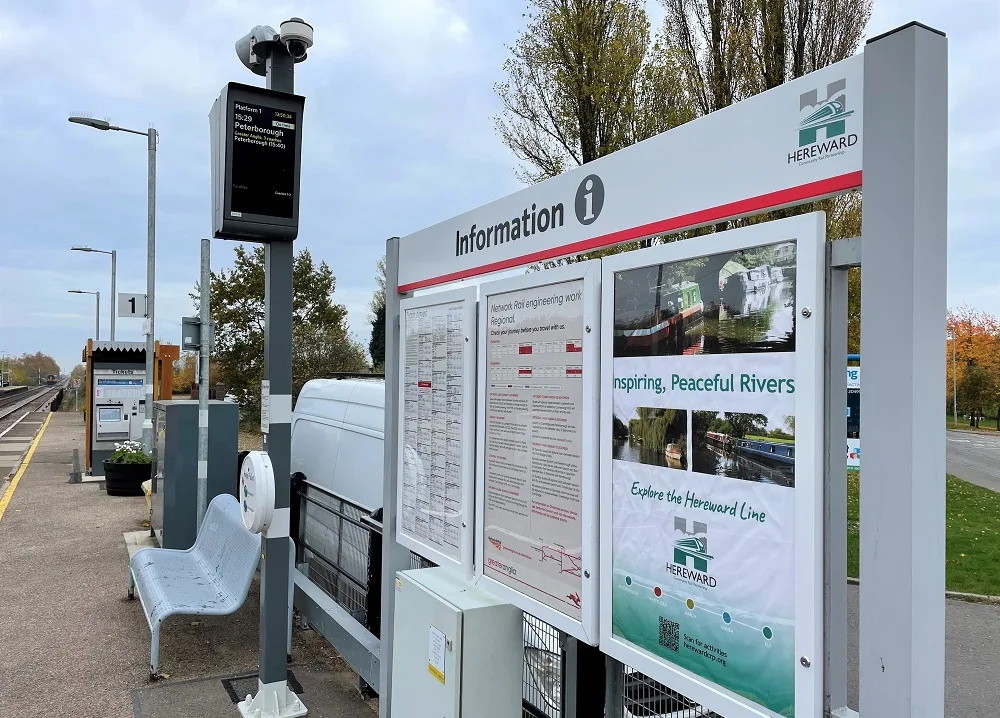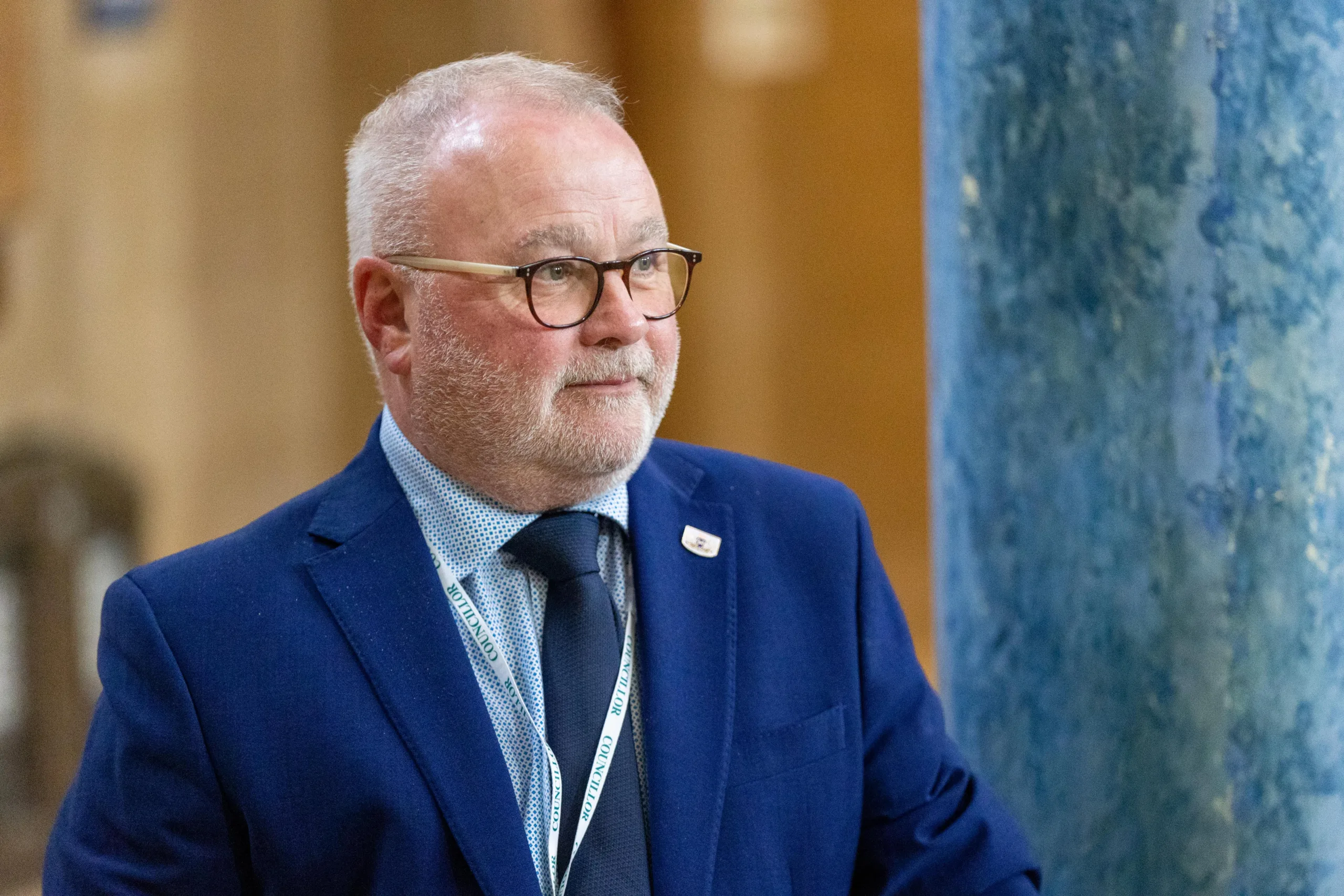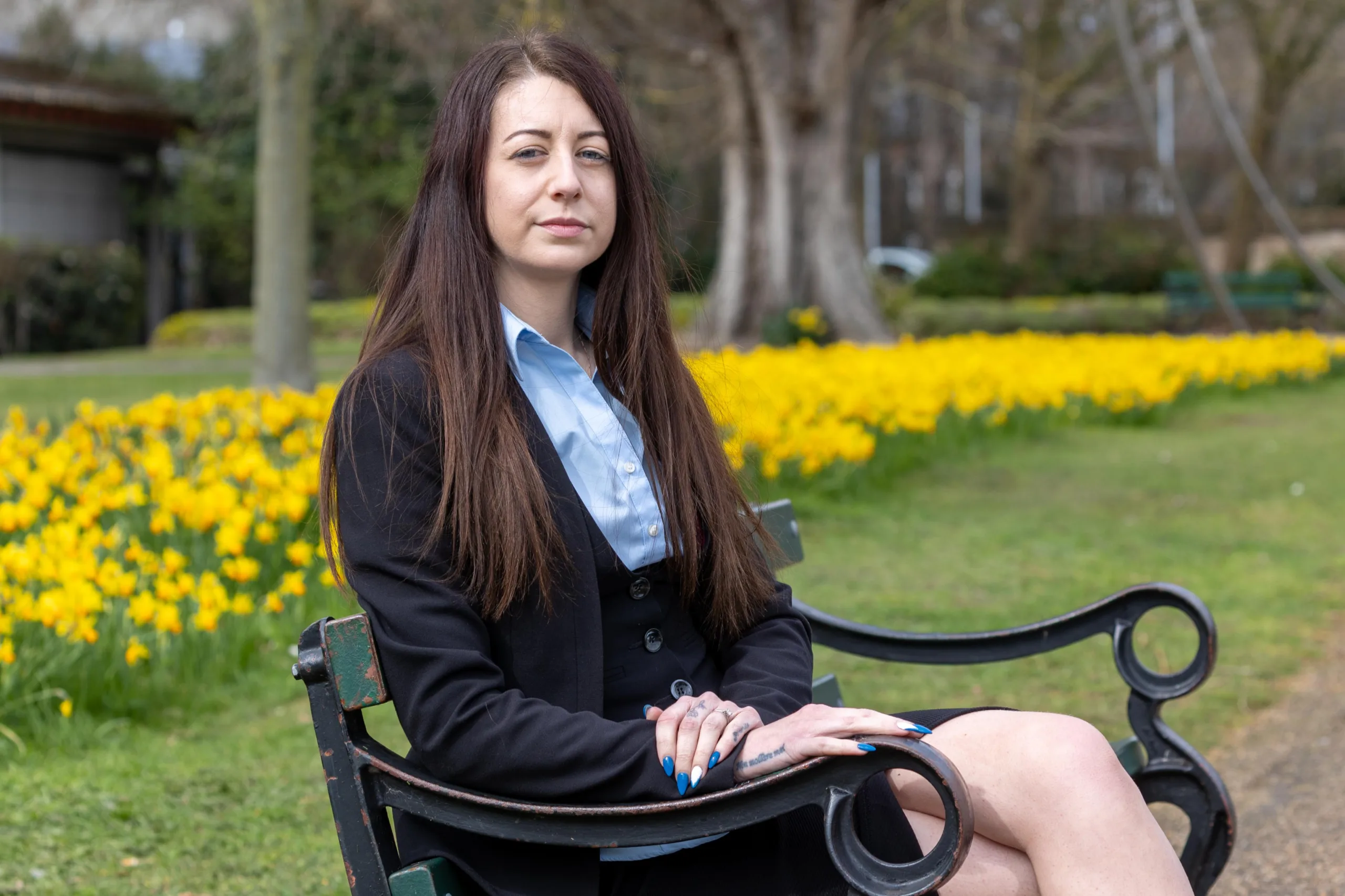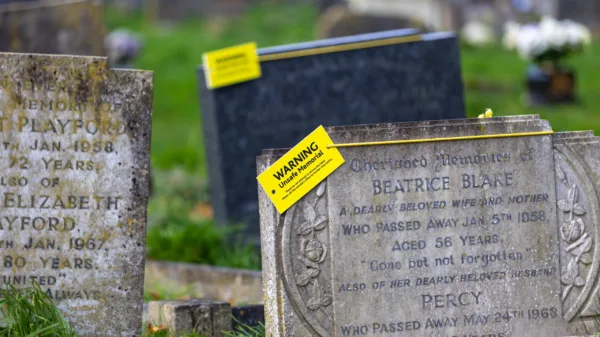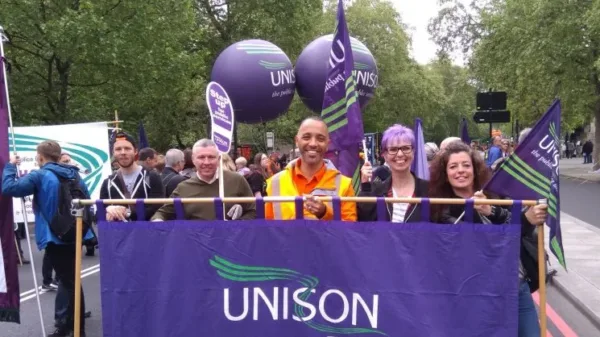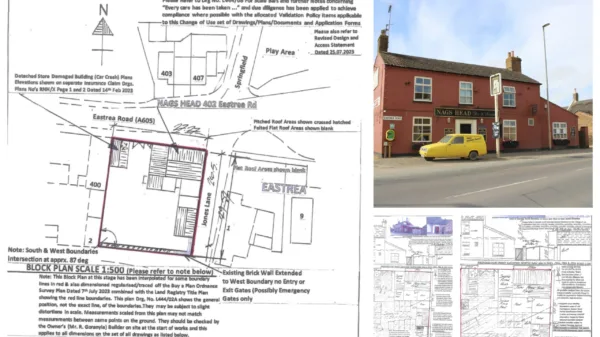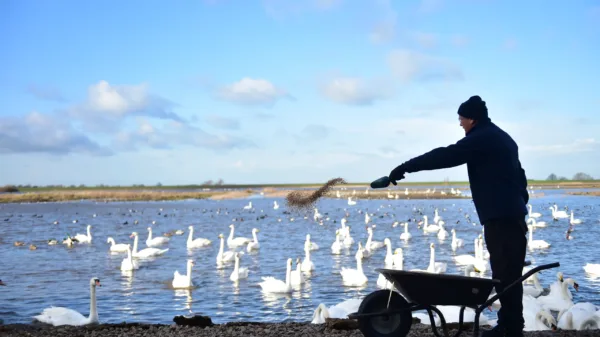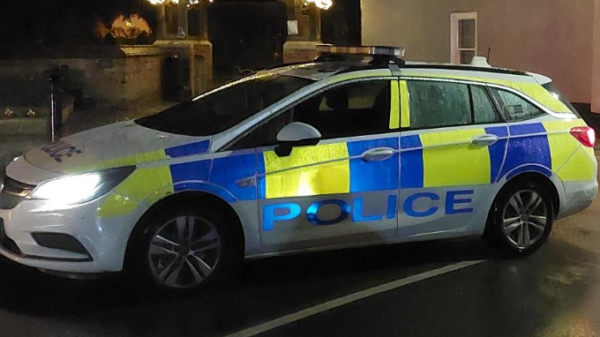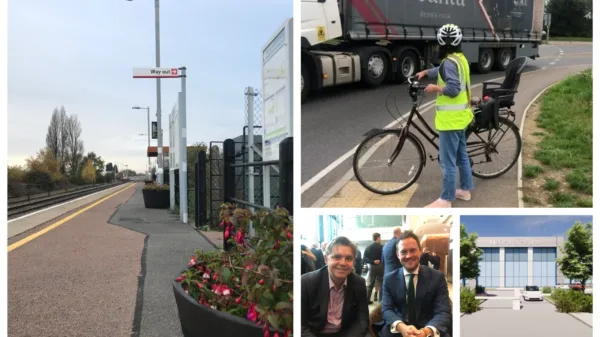Nine houses in the March and Whittlesey area could be bought by Fenland District Council to house refugees.
The council is being recommended by its assistant director Dan Horn to accept nearly £900,000 from the Government to help buy them.
“The properties will be purchased outside of PE13 and PE14 post code areas ideally with easy access to the train route through Fenland i.e. March and Whittlesey,” says Mr Horn in a report to next Monday’s Cabinet.
He says the homes will “meet the council’s responsibilities with regard to housing refugees and as a lasting legacy resource to support meeting our wider homelessness duties”.
DLUHC offer £873,932 towards purchase
The Department of Levelling Up, Housing & Communities (DLUHC) will offer £873,932 towards buying the nine homes.
Terms of the deal mean that eight of the homes can be bought with £704,000 of the grant money.
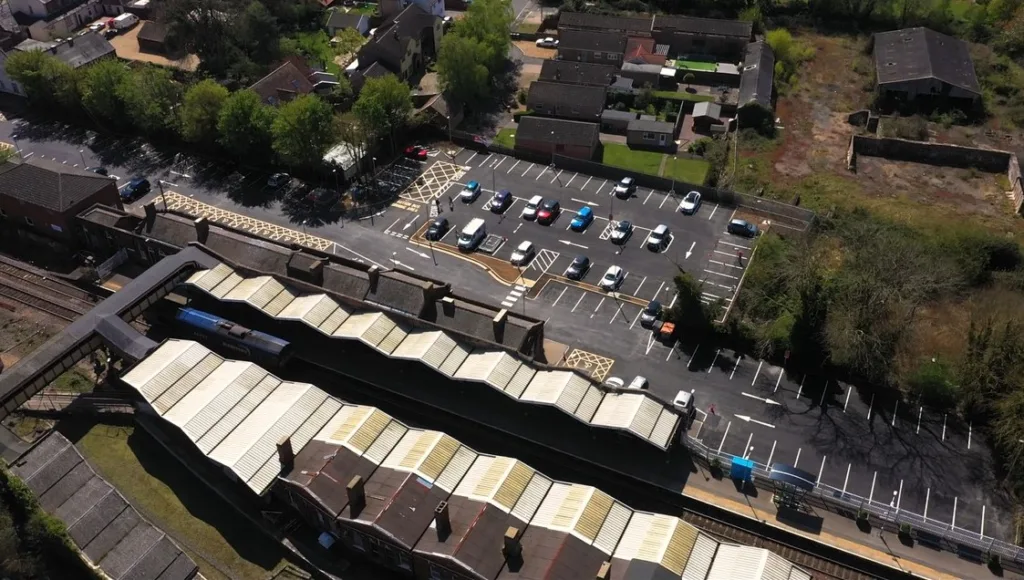
“The properties will be purchased outside of PE13 and PE14 post code areas ideally with easy access to the train route through Fenland i.e. March and Whittlesey,” says Mr Horn in a report to next Monday’s Cabinet. March station
The grant received must not exceed 40% of the total scheme cost.
“The government has modelled the grant to Fenland based on 2 or 3 bedrooms for this element of the grant funding,” says Mr Horn.
“One property has to be bought that is at least 4 bedrooms with a grant available of £169,932. The grant received must not exceed 50% of the total scheme cost.”
Criteria for the nine homes will “include an initial use to support the refugee crisis form Ukraine and Afghanistan but in the longer term will be a resource to support our wider homelessness objectives,” says Mr Horn.
“The residual funding required has to be match funded from other sources.”
If Cabinet agrees, says Mr Horn, the homes will help reduce the risk of additional temporary accommodation costs.
It will also provide an increased pool of properties “to support meeting our homelessness objectives.
“To not receive it would mean that we would continue to have to meet our duties in relation to supporting the refugee crisis without having any additional property resource to facilitate the need”.
Criteria explained
The full criteria for using the homes is explained by Mr Horn.
These are:
1: Ensure recent humanitarian schemes (Afghan and Ukraine schemes) which offer sanctuary, via an organised safe and legal entry route to those fleeing conflict, provide sufficient longer-term accommodation to those they support.
2: Support areas with housing pressures which have generously welcomed substantial numbers of Ukrainian refugees so that these areas are not disadvantaged by increased pressures from these arrivals on the existing housing and homelessness systems.
3: Mitigate the expected increased pressures on local authority homelessness and social housing resources which arise from the eligible cohort (as defined in the programme prospectus) as sponsorship/family placements/bridging accommodation arrangements come to an end.
This can be achieved by increasing the provision of affordable housing to those in the cohort who are homeless, at risk of homelessness, or in bridging accommodation.
4: Utilise accommodation solutions to enable effective resettlement and economic integration of the eligible cohort.
5: Reduce emergency, temporary and bridging accommodation costs.
6: Deliver accommodation that as far as possible allows for the future conversion of housing units to support wider local authority housing and homelessness responsibilities to UK nationals (i.e., after usage by this cohort ends).
7: Reduce impacts on the existing housing and homelessness systems and those waiting for social housing.

